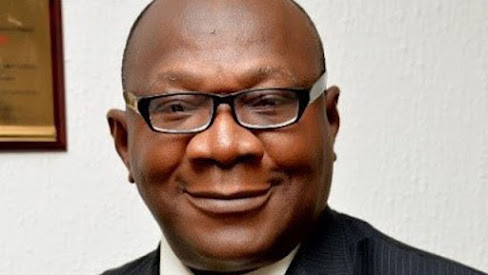Onuoha Ukeh
In the last couple of months, what could pass for President
Muhammadu Buhari’s phobia for Biafra has been
apparent. These days, he seems to always use every opportunity to talk about
the failed republic. The vehemence with which he talks about it sometimes
leaves one wondering what it is that makes him mad about Biafra. Is it the fact
that the thought of Nigeria
breaking up frightens him? Or that he thinks that if the agitators are left,
they could actualise their dream? Or that he feels insulted that some people
will have the audacity or effrontery to talk about a separate country when he
is in charge?
 |
| *Buhari |
Indeed, President Buhari may have talked about Biafra more than any other single thing. Three days ago,
he took up the Biafra issue, yet again.
Speaking at the breaking of fast for members of the Federal Executive Council
(FEC), at the Presidential Villa, Abuja,
he had stated: “We need to reflect very seriously on what happened between 1967
and 1970, where about two million Nigerians lost their lives. At that time, as
young military officers, you hardly heard of anything about petroleum or
whatever money you got from it.
“Look at what Gen. Yakubu Gowon said: ‘To keep Nigeria
one is a task that must be done’ and every soldier, whether he had been to
school or not, knew what the General meant. But we were quarreling with our
brothers; we were not fighting an enemy, and somebody is saying that once again
he wants Biafra.
“I think this is because he was not born when there was Biafra. We have to reflect on the historical antecedents
to appreciate what is before us now and what we intend to leave for our
children and our grandchildren.”
Last May, President Buhari also talked about Biafra. Speaking at the palace
of Emir of Katsina, during his
official visit to his home state, he referred to the promoters of the Biafra agitation as “kids” who were not born during the
civil war. According to Buhari, “today, Nigeria is a strong and united
sovereign entity because some people laid down their lives for the country…At
least, two million people died during the civil war, but, today, some people
who were not born during the civil war are agitating for the division of the
country. We will not let that happen.
“For Nigeria
to divide now, it is better for all of us to jump into the sea and get drowned.”
On many other occasions, President Buhari had talked about Biafra. Each time he did, his impatience and anger were
always betrayed. This, for instance, showed during one of his presidential
media chats when he was asked about the detention of Director of Radio Biafra,
Nnamdi Kanu, even after he was first granted bail by the court. He had lost his
cool and made pronouncements that directedly “convicted” the accused of the
charges he was facing. He had said that what Kanu did was treason, even when
trial was still on and verdict not delivered by the court. As it stands,
it is obvious that in Buhari’s world, Biafra,
in thought, dream and action, is haram (taboo). In fact, sometimes I suspect
that he wishes he could, with a stroke of the pen or brute force, erase Biafra from the consciousness of those who talk
passionately about it.


















